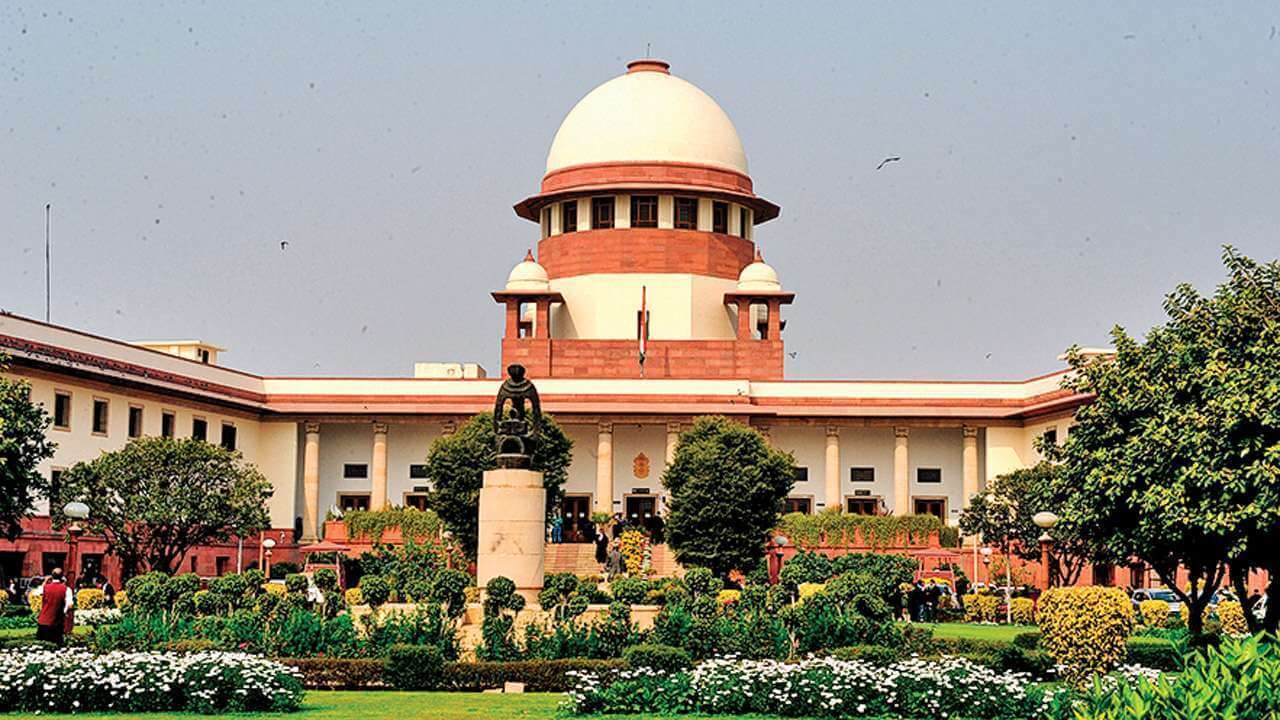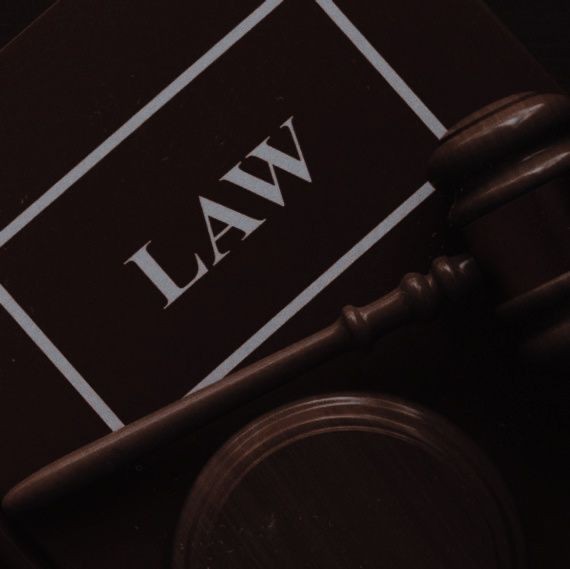Doctrine of proportionality and 'four tests'
"Proportionality" is the set of rules determining the necessary and sufficient conditions for limitation of a constitutionally protected right by a law to be constitutionally permissible. While examining as to whether the impugned provisions of the Statute and Rules amount to reasonable restrictions and are brought out in the interest of general public, the exercise that is required to be undertaken is the balancing of fundamental right to carry on occupation on the one hand and the restrictions imposed on the other hand. This is what is known as the "Doctrine of proportionality".
While examining as to whether the impugned provisions of the statute and rules amount to reasonable restrictions and are brought out in the interest of the general public, the exercise that is required to be undertaken is balancing of the fundamental right to carry on occupation on the one hand and the restrictions imposed on the other hand.
Four tests of proportionality need to be satisfied.
- The impugned provisions of the statute should be designated for a purpose.
- the measures undertaken to effectuate such a limitation are rationally connected to the fulfilment of that purpose.
- The measures undertaken are are necessary in that there are no alternative measures that may similarly achieve that same purpose with a lesser degree of limitation.
- There needs to be a proper relation between the importance of achieving the proper purpose and the social importance of preventing the limitation on the constitutional right.
There has to be a balance between a constitutional right and public interest. A constitutional licence to limit those rights is granted where such a limitation will be justified to protect public interest or the rights of others. At the same time, reasonableness of a restriction has to bedetermined in an objective manner and from the standpoint of the interests of the general public and not from the point of view of the persons upon whom the restrictions are imposed or upon abstract considerations . In examining the reasonableness of a statutory provision one has to keep in mind the following factors:
- The directive principles of State policy .
- Restrictions must not be arbitrary or of an excessive nature so as to go beyond the requirement of the interest of the general public.
- In order to judge the reasonableness of the restrictions, no abstract or general pattern or a fixed principle can be laid down so as to be of universal application and the same will vary from case to case as also with regard to changing conditions, values of human life, social philosophy of the Constitution, prevailing conditions and the surrounding circumstances.
- A just balance has to be struck between the restrictions imposed and the social control envisaged by Article 19(6).
- Prevailing social values as also social needs which are intended to be satisfied by the restrictions.
- There must be a direct and proximate nexus or reasonable connection between the restrictions imposed and the object sought to be achieved. If there is a direct nexus between the restrictions, and the object of the Act, then a strong presumption in favour of the constitutionality of the Act will naturally arise."
The doctrine of proportionality is essentially tested on the larger public interest. Please see :
- Modern Dental College &Research Centre v. State of M.P (2016) 7 SCC 353
- Mohd. Hanif Quareshi v. State of Bihar AIR 1958 SC 731
- M.R.F Ltd. v. State of Kerala (1998) 8 SCC 227
- Vivek Narayan Sharma and others v. Union of India [Demonetisation Case 5J] (2023) 3 SCC 1












_20250714_964f1.jpg)
















